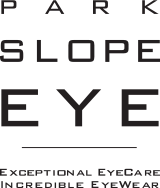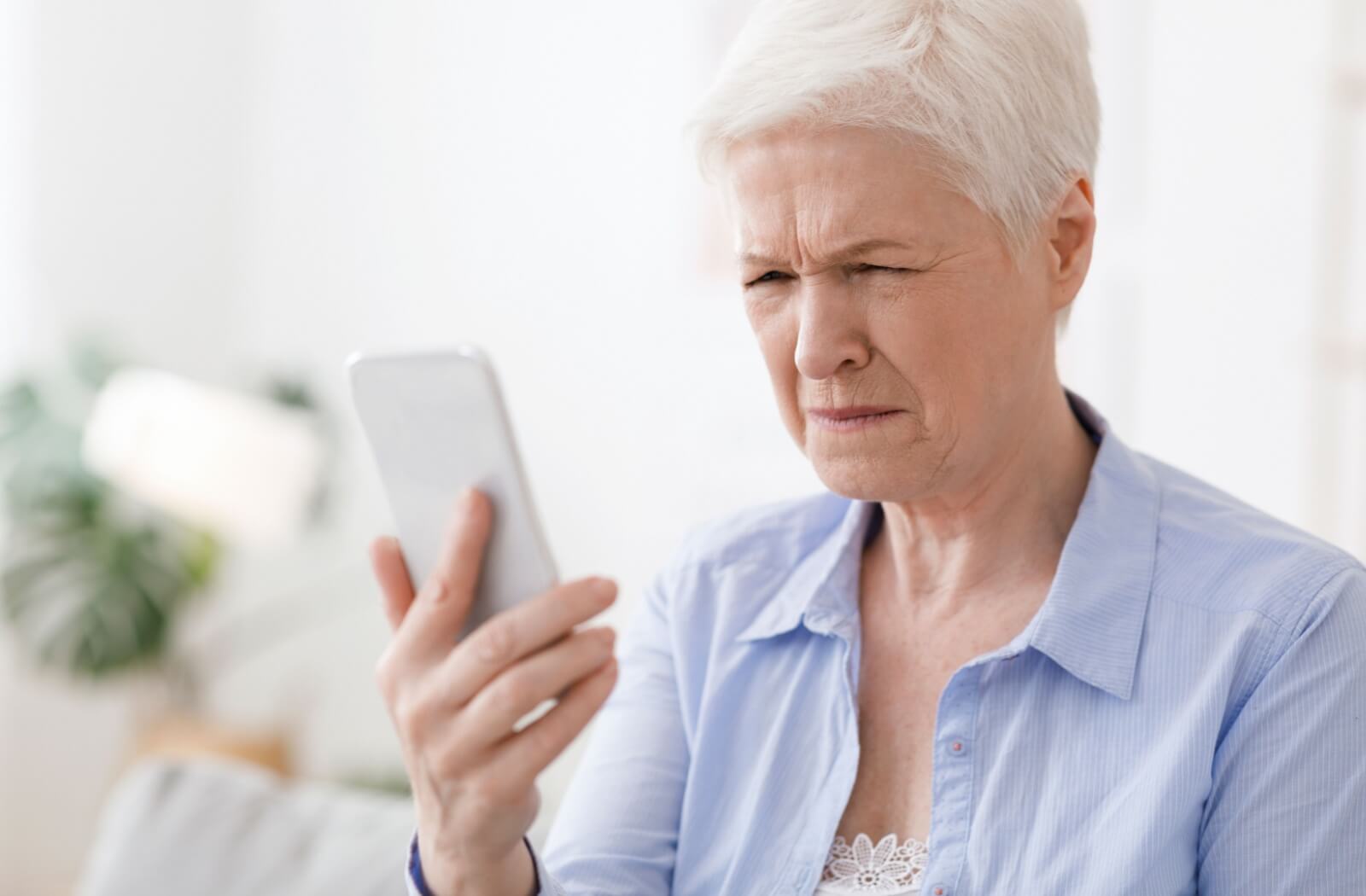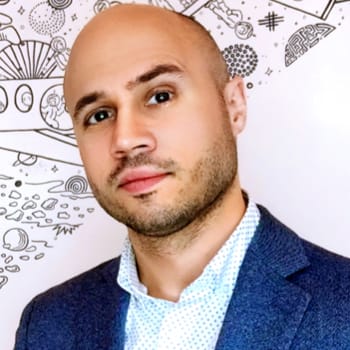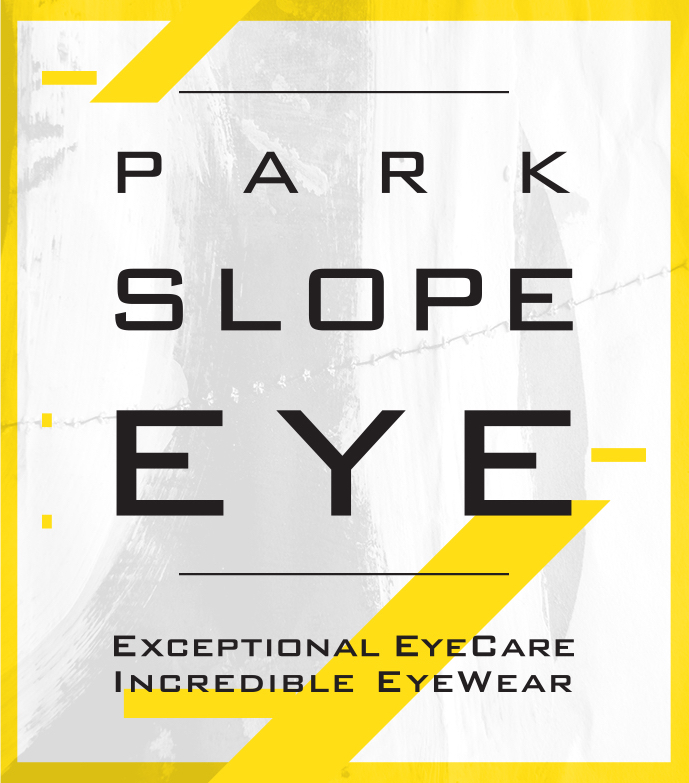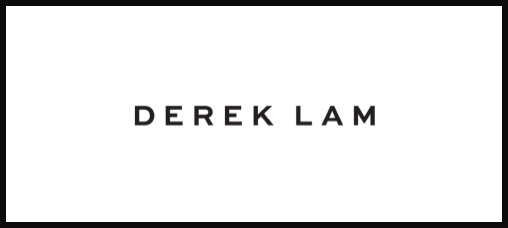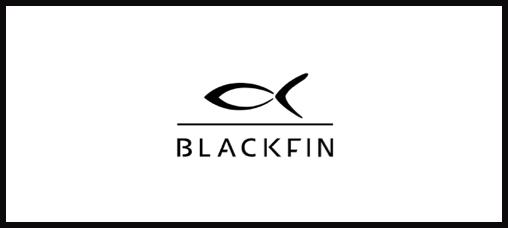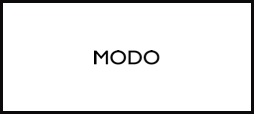Eyesight isn’t just a lens through which we view the world—it’s also a reflection of our overall health and well-being. There isn’t a one-size-fits-all answer for what causes bad eyesight because it can range from genetics to medical conditions or common refractive errors. In this blog, we’ll review some of the most common reasons you may notice worsening vision.
But it’s important to note that the eyes are sensitive, and caring for them is critical. changes to vision can often be gradual and go unnoticed. Changes to vision can often be gradual and go unnoticed, so, you should book an appointment with your eye doctor for an eye exam if you notice your vision isn’t what it used to be. Annual eye exams are the best way to prove your eyes are healthy and your vision is optimal. Your eye doctor is equipped to diagnose anything that could affect your vision and offer tailored treatment to prevent long-term or permanent damage to your eyesight.
The Basics of Vision
Before we zoom in on the specifics, a quick refresher on the marvel of vision is essential. Your eye acts like a living camera, capturing and focusing light on delicate tissue at the back of the eyeball. Conditions like nearsightedness (myopia), farsightedness (hyperopia), and astigmatism can throw this delicate balance off, leading to blurry vision, the most common compatriot of declining eyesight.
Visual Acuity
Visual acuity measures one’s ability to discern the details of objects at a given distance. While we often take this for granted, conditions like age-related macular degeneration (AMD) can rob us of this acuity, making it challenging to read, recognize faces, and perform other everyday tasks.
Genetic Input
Your genetic makeup isn’t just a blueprint for the color of your eyes—it’s also a playbook for potential vision issues. Some conditions, like retinitis pigmentosa and congenital cataracts, are inherited and can present challenges at an early age. Family history often casts a long shadow, signaling a need for vigilant eye care from the get-go.
Lifestyle Choices & Environment
It’s not all in the genes—the way we live and the environment we live in can have a profound effect on our eye health.
Nutrition
As you’ve likely heard, nutrition and eye health aren’t only about eating a lot of carrots. A balanced diet rich in vitamin C, E, zinc, and omega-3 fatty acids may reduce your risk of cataracts and AMD.
Digital Eye Strain
Our love affair with technology can have a cost: digital eye strain. Prolonged exposure to electronics can result in discomfort, headaches, and difficulties in focusing.
UV Damage
UV damage isn’t reserved for the skin. The eyes are equally susceptible and, over time, can lead to conditions like cataracts or certain types of cancer. Don’t squint your way through the day—slap on a stylish pair of UV-blocking sunglasses and shield those peepers from harm.
Age-Related Vision Problems
Time may be the most significant contributor to vision loss. With age comes a greater likelihood of conditions like presbyopia, cataracts, and macular degeneration. It’s a natural part of life, but that doesn’t mean our vigilance should wane.
Presbyopia
Most people start to notice a decline in their close-up vision around age 40. This is presbyopia, the eye’s natural aging process, reducing flexibility and making it tougher to focus on nearby objects. It’s not just a sign that you’re getting wiser; it’s also a reminder that your eyes are aging.
Cataracts
Cataracts are the clouds that roll over the eye’s lenses, leading to hazy, less colorful vision. It’s another side effect of aging but can be removed with a simple surgical procedure when it starts interfering with daily life.
AMD
Age-related macular degeneration (AMD) is a leading cause of vision loss in seniors. It’s a gradual deterioration of the macula, which is responsible for sharp, central vision. Thankfully, advancements in treatment offer hope and can often slow the progression of this common culprit in bad eyesight.
Problems From Within the Body
Vision isn’t just what’s seen through the lens; it’s also a route to understanding our overall health. Conditions such as diabetes and hypertension can affect the small blood vessels in the eyes, leading to conditions known as diabetic retinopathy or hypertensive retinopathy.
Medications
Certain medications can have ocular side effects or exacerbate existing eye conditions. If you’re experiencing vision changes and are on a new regimen, it’s essential to communicate these developments with your healthcare provider and your eye doctor.
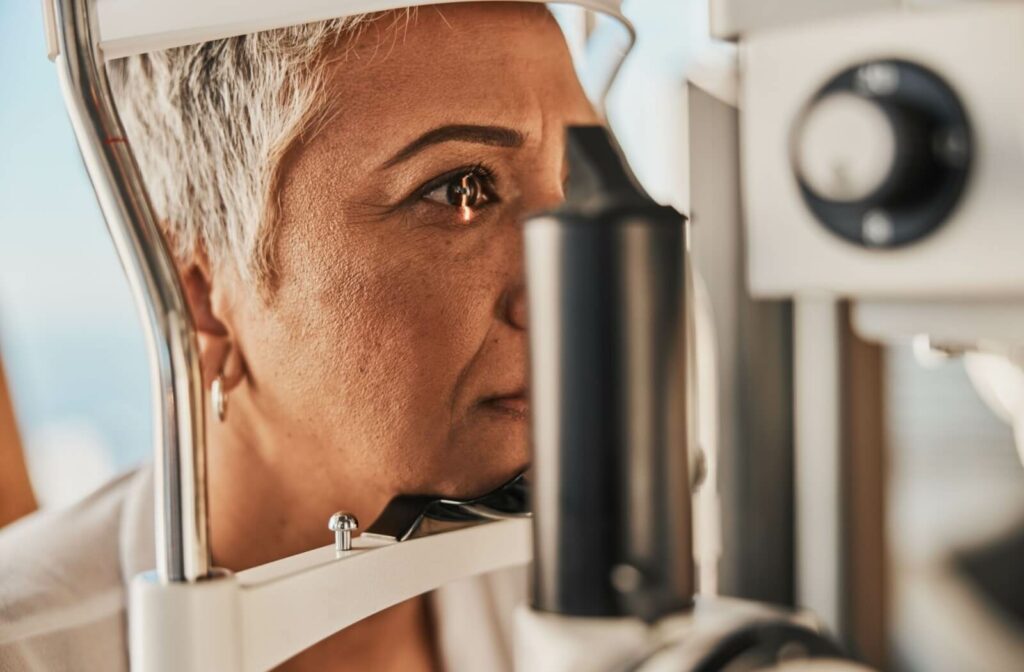
Caring for Your Eyesight Doesn’t Have to Be Complicated
The story of bad eyesight doesn’t have to be written in caps. Although caring for your vision and preserving your eyesight may seem daunting, it doesn’t have to be that complicated. Regular eye exams are your easiest defense against the darkening shades of declining eyesight. Early detection can mean the difference between a minor adjustment and a major lifestyle overhaul.Call us at Park Slope Eye today to book an appointment. One of our optometrists can discuss your vision and examine your eyes. We will consider all the information, such as family history, underlying medical conditions, and your overall eye health. Then, we can provide a tailored approach to your vision care.
